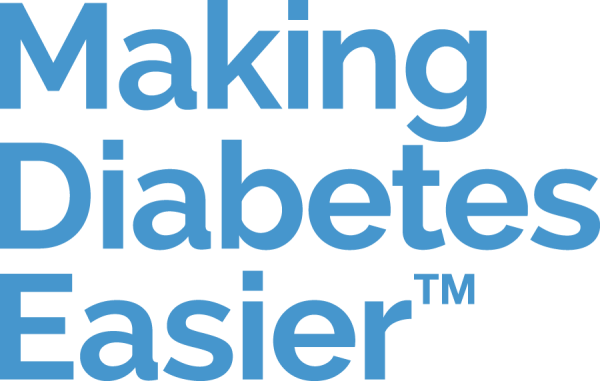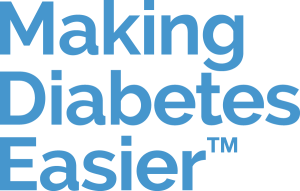Diabetes and fatigue: how to fight it?

One of the most significant symptoms observed in people living with diabetes is extreme fatigue [1,2,3,4,5,6], a feeling that about half of people with diabetes report having already experienced [1,2,4].
However, care should be taken to differentiate acute fatigue from chronic fatigue to explain the specific causes and decide how best to fight them [2,5].
Why does diabetes make you tired?
Whether it's tiredness or sleepiness, lack of energy or tiredness, many people living with type 1 and type 2 diabetes often feel exhausted [1,2,3,4,5,6].
Indeed, diabetes can be accompanied by
- altered sleep patterns
- weight loss
- sometimes a depressive syndrome
all of which negatively impact the quality of life [2,3,4,5,6]. Constantly waking up during the night owing to nocturnal hypoglycaemia and the frequent need to urinate, drink, or eat may be partly responsible [2,3,4,6].
Moreover, over the course of a day, the blood glucose level of a person with diabetes fluctuates. With these daily variations, phases of hyper- or hypoglycaemia may appear, causing a wide range of symptoms [2,3,4,5]. These are episodes of “acute” fatigue [2,3,4].
If the feeling of exhaustion persists for more than 6 months, we tend to think of a situation of chronic fatigue [2,3]. This persistent asthenia/lack of energy is correlated with the degradation of certain functions linked to diabetes [2,3,4].
Is there a cure for diabetes-related fatigue?
These situations leading to the development of fatigue can be corrected!
To fight your fatigue, it will be up to you to monitor your blood glucose regularly [2,3,4,5]. Regaining control of your diabetes management and regaining a stable glycaemic balance effectively fight your lack of energy [2,3,4,5].
Adopting a healthy eating pattern is crucial in combating tiredness [2,3,4,5]. In practice, this involves setting up a daily lifestyle that combines the following:
- maintaining your healthy weight;
- doing regular physical exercise;
- reducing stressful situations [3,4,5].
Sources
- Maahs DM, West NA, Lawrence JM, Mayer-Davis EJ. Epidemiology of type 1 diabetes. Endocrinol Metab Clin North Am. 2010 Sep;39(3):481-97.
- Goedendorp MM, et al. Chronic fatigue in type 1 diabetes: highly prevalent but not explained by hyperglycemia or glucose variability. Diabetes Care. 2014.
- Kalra S, Sahay R. Diabetes Fatigue Syndrome. Diabetes Ther. 2018 Aug;9(4):1421-1429.
- Griggs S, Morris NS. Fatigue Among Adults With Type 1 Diabetes Mellitus and Implications for Self-Management: An Integrative Review. Diabetes Educ. 2018 Aug;44(4):325-339.
- Fritschi C, Quinn L. Fatigue in patients with diabetes: a review. J Psychosom Res. 2010 Jul;69(1):33-41.
- Jensen Ø, Bernklev T, Gibbs C, Moe RB, Hofsø D, Jelsness-Jørgensen LP. Fatigue in type 1 diabetes, prevalence, predictors and comparison with the background population. Diabetes Res Clin Pract. 2018 Sep;143:71-78.


